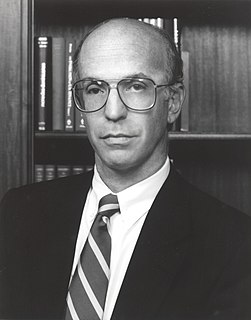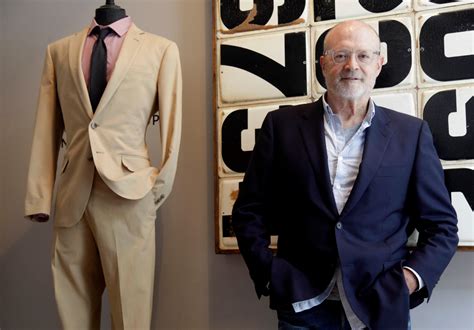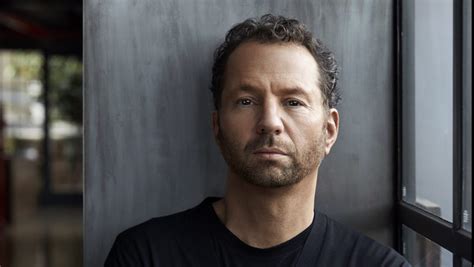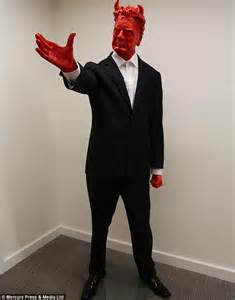A Quote by Marc Ostrofsky
Number one, you can sell before you buy. I call it reverse e-commerce. You take a picture, you list it for sale, you sell it, you collect the revenue, then you go buy it and send it to the customer.
Related Quotes
Bernard [Leach] had acquired many [Shoji] Hamada works. Some of them, it was interesting - first of all, Hamada worked in St. Ives for about four years before returning to Japan to start his own pottery. He had exhibitions in London, and if these exhibitions didn't sell out, the galleries were instructed to send the remaining work down to the Leach Pottery, where they would go into the showroom for sale. If Bernard saw one that hadn't sold that he really admired, then he would take it (he would buy it), and it would go into the house.
Allowing short selling is allowing people to sell - instead of having to buy the stock and then sell it, which doesn't do much; allow them to sell it, and then buy it. In which case they can express that information and the idea is that you would get more accurate valuation of companies by letting people express both their positive information and their negative information through either long or short selling.
The Dutch must be understood as they really are, the Middle Persons in Trade, the Factors and Brokers of Europe... they buy to sell again, take in to send out again, and the greatest Part of their vast Commerce consists in being supply'd from All Parts of the World, that they may supply All th World Again.


































